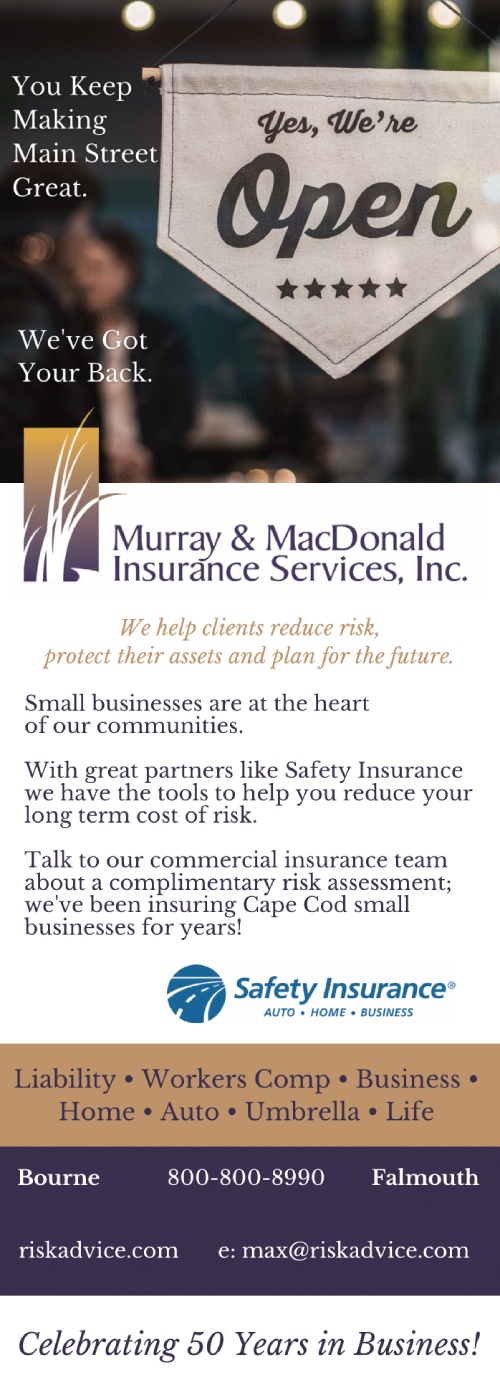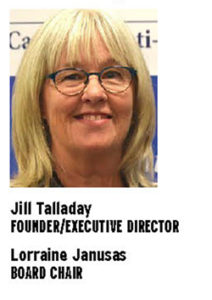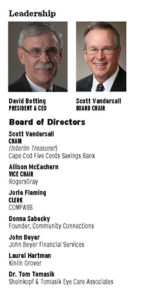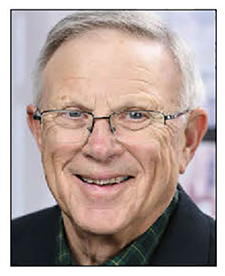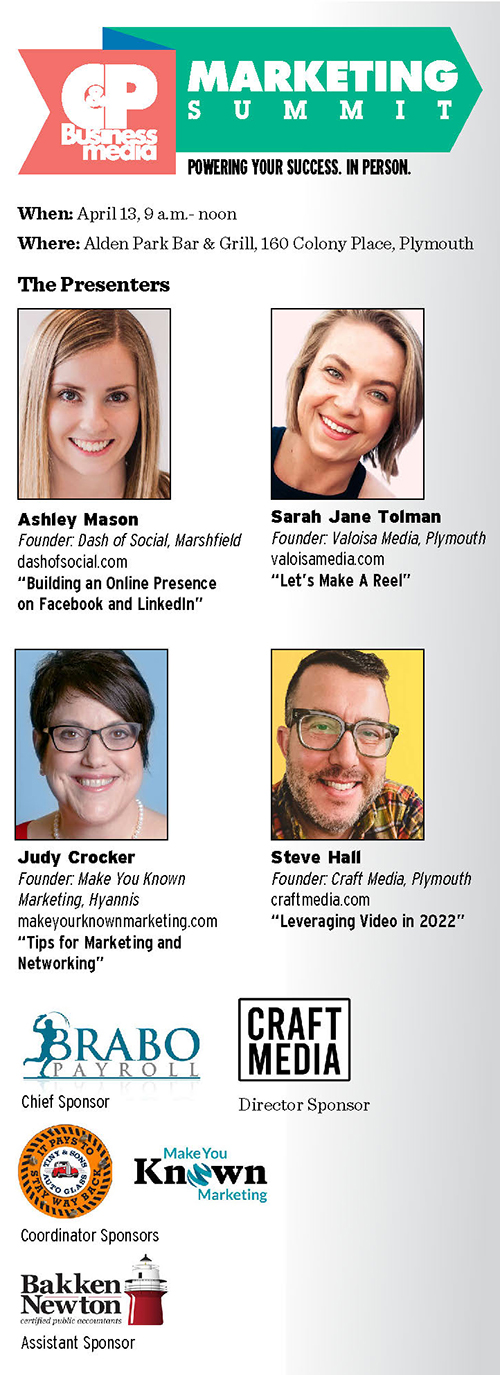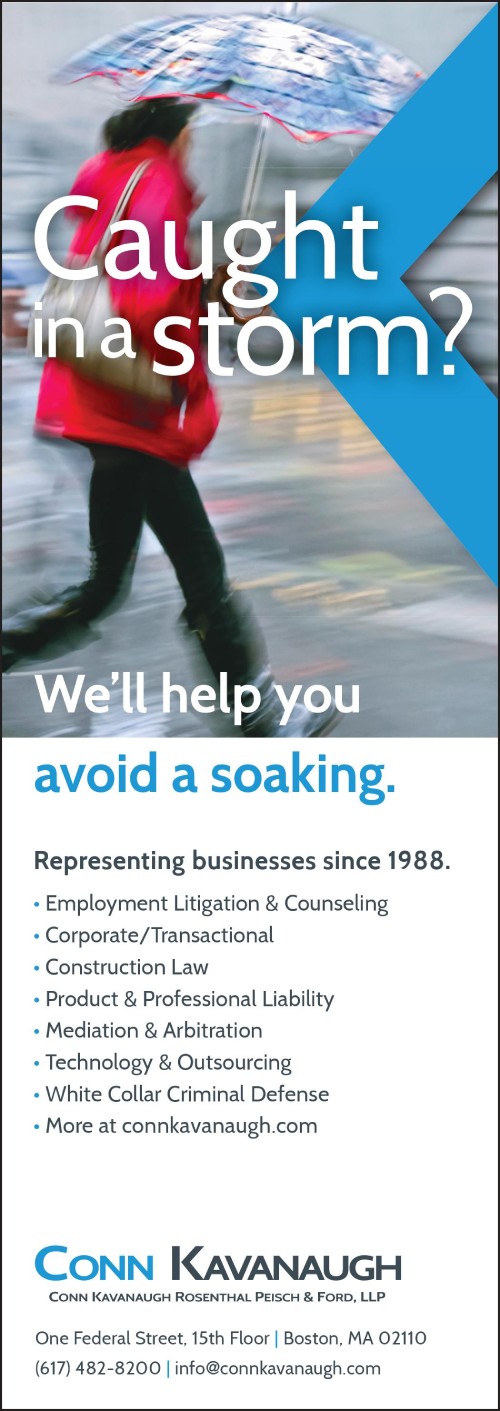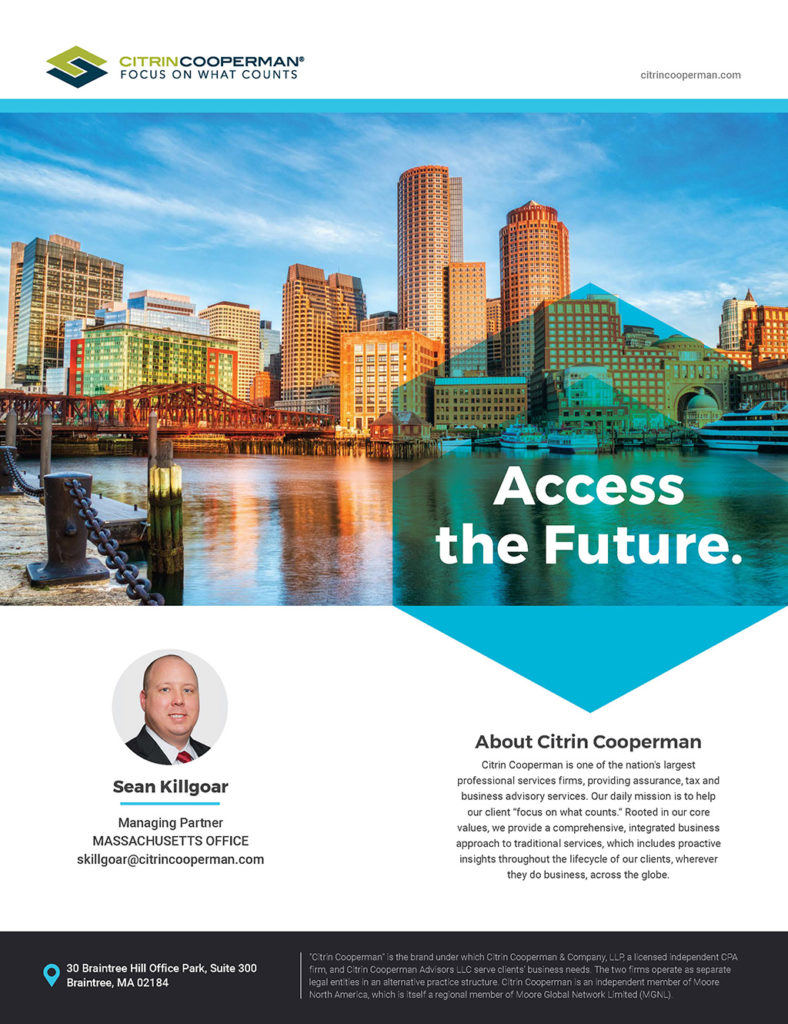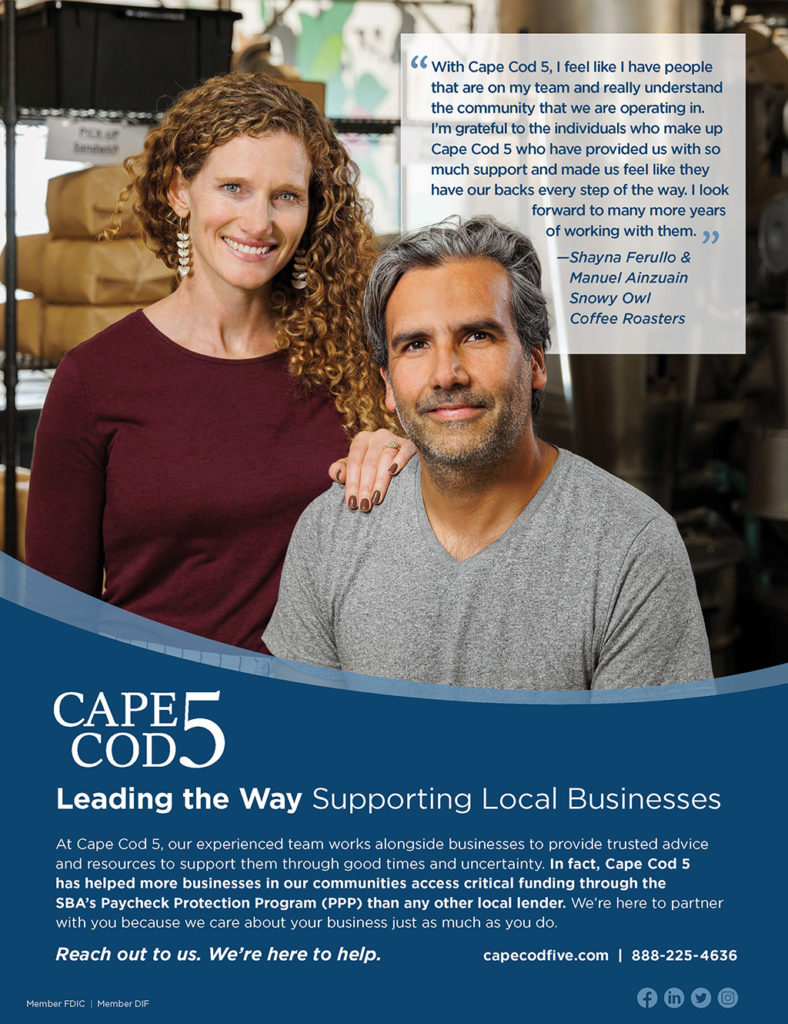Larson Joins Faculty At Bridgewater State University
Leigh-Ann Larson, Chief Executive Officer of Elevate Counseling Services, has joined the faculty of the Department of Counselor Education at Bridgewater State University, where she will teach a graduate-level class for aspiring mental health professionals who are in internships throughout the region as a part-time instructor.
Larson will lead the class of mental health professionals in their internships and will meet with the students to discuss cases, theories and practice. Larson’s role will also include on-site visits where her students are interning. Students will intern at community mental health agencies, hospitals, and other facilities in the region.
Larson, a Bridgewater resident, earned a master’s degree in Education in Mental Health Counseling from Bridgewater State University, as well as a bachelor’s degree.
Sayers Named VP Portfolio Manager For Rockland Trust
Rockland Trust’s Investment Management Group recently appointed Michael Sayers as Vice President, Portfolio Manager.
In this role, Sayers will focus on integrating investment strategies that reflect each of his client’s objectives, financial goals, and risk tolerance. This includes creating custom asset allocations, developing long-term goal planning, as well as securities research.
Sayers has more than 10 years of experience working in the financial services industry.
Prior to joining Rockland Trust, he was a Financial Advisor at Edward Jones covering Cape Cod and Plymouth. Additionally, he spent time in Philadelphia working for Aberdeen Standard Investments, where he eventually moved to their Boston office and worked as an Investment Manager.
He received a bachelor of science degree in Business Administration and Finance from Villanova University, and holds the Chartered Financial Analyst designation.
Safer Places Inc. Adds COVID Testing To Service Package
Safer Places Inc., a Middleboro company providing pre-employment screening, tenant screening and security consulting, will offer COVID testing as part of its package of services for public agencies and private sector businesses.
The testing services will be offered as a stand-alone offer or bundled with Safer Places’ other background check and drug testing services.
COVID testing services will include both rapid tests and PCR testing for employees who need to be tested on a weekly basis or before visiting a client’s location. The new service can also be utilized for employees returning to work after being out with COVID. Testing will be self-administered by the employee.
Companies and organizations can order COVID test kits from Safer Places that can be implemented without the validation process. Safer Places’s COVID test offering includes a vaccination tracking system as well.
Higgins Named Managing Partner At Conn Cavanaugh
The Boston-based law firm Conn Kavanaugh has announced the election of Erin K. Higgins as managing partner of the firm.
Higgins graduated from Georgetown University and Boston College Law School. She joined Conn Kavanaugh in 1991 as a litigation associate. She became a partner in January 2001.
Higgins defends other lawyers in legal malpractice actions and represents lawyers in disciplinary matters. She is a seasoned trial attorney whose practice also encompasses the defense of other professionals, including insurance agents, accountants, and financial professionals and complex business litigation including insurance coverage matters.
CapeSpace Forms Partnership With MarchandCFO
A new partnership has been announced between CapeSpace and MarchandCFO.
Owned and operated by Kim Marchand of Yarmouth Port, MarchandCFO provides bookkeeping and CFO services to local small businesses and nonprofits. It is headquartered at CapeSpace, a coworking facility owned by Robbin Orbison with offices on Independence Drive in Hyannis, and Mashpee Commons.
As part of the reciprocal arrangement, MarchandCFO will offer CapeSpace members a discount on its services. Marchand will also be hosting office hours and informational sessions, allowing visitors to learn how her company can meet their business needs. MarchandCFO clients will benefit from the partnership by receiving a discount on meeting room rentals at CapeSpace.
Both CapeSpace and MarchandCFO were named to Cape & Plymouth Business Media’s Readers Choice Watch List for companies to watch in 2022.
Norcom Mortgage Opens Sandwich Office
Norcom Mortgage, a family-owned mortgage company based in Fall River, with nearly 40 locations nationwide, has announced the opening of its first Cape Cod branch located at 4 Merchant Square in Sandwich.
The Sandwich office will be led by Branch Manager Kevin James, who previously served as a loan originator in Fall River. James has nearly five years of experience in the mortgage lending industry and is licensed in California, Massachusetts and Rhode Island.
Established in 1989, Norcom Mortgage has 260 employees and nearly 40 branch locations nationwide.
For more information about Norcom, visit www.norcommortgage.com.
Rockland Trust Appoints Golden VP, CRA Officer
Rockland Trust has named Thomas Golden Vice President, Community Reinvestment Act (CRA) Officer.
Golden will be responsible for promoting, developing, implementing and administering all aspects of the bank’s CRA program. His work includes serving as Rockland Trust’s principal point of contact for community organizations focused on the promotion of affordable housing, community investment, economic development, and the delivery of banking and financial services.
Golden brings over a decade of financial services industry experience to his new role, most recently as commissioned compliance examiner at the FDIC for over five years. Golden holds a number of credentials, including Certified Regulatory Compliance Manager from the American Bankers Association, Certified Consumer Protection Examiner from the Conference of State Banking Supervisors and Commissioned Compliance Examiner from the FDIC.
Elevate Counseling Services Names Reed, Litke To Team
Elevate Counseling Services has an-nounced two new members have joined its professional team.
Licensed social worker Stephanie Reed has joined the practice as a clinician at the practice’s Raynham location and also via telehealth. Her areas of specialization include cognitive behavioral therapy, trauma, anxiety, depression and anger management; she works with both adults and teens.
Prior to joining the Elevate team, she worked a number of years at a community mental health agency, providing both group and individual counseling. Most recently she worked for a visiting nurse agency, helping people experiencing health issues and life transitions. She also was a hospice social worker for eight years, a social worker in public school systems and has volunteered for the Samaritans.
Licensed mental health counselor Catherine Litke has been hired as a clinician for the Lakeville office as well as seeing clients via telehealth. She specializes in working with children and teenagers. Litke also has done in-home therapy for a nonprofit, the Family Service Association of Fall River.
Nickley Joins Bay Coast Mortgage
BayCoast Mortgage Company, LLC has named Michael E. Nickley of Norwood as First Vice President, Senior Loan Officer.
In this role, he is responsible for the origination of residential mortgage loans and building and fortifying lending operations.
Nickley brings more than 35 years of experience in the mortgage and banking industries to his post with BayCoast Mortgage. He most recently served as Assistant Vice President, Mortgage Loan Officer with Dedham Savings Bank.
Sievewright Joins Peak Physical Therapy
Peak Physical Therapy & Sports Performance welcomes Rose Sievewright, DPT, as a pelvic health specialist at the Braintree Clinic.
A native of Medfield, Sievewright graduated from Northeastern University with a bachelor’s degree in Rehabilitation Sciences and a doctorate in Physical Therapy. She has experience evaluating and treating a wide variety of orthopedic and pelvic health conditions in the adult and geriatric population. In 2020 she completed the Level Up Initiative Mentorship, a direct mentorship for physical therapists focused on growth mindset, critical thinking and communication skills in order to make a positive change in the healthcare community through personal growth, leadership and clinical practice.
Kapsambelis Joins Cutter Financial Group
Ethan Kapsambelis has joined Cutter Financial Group, LLC, as Investment Advisor Representative to the Falmouth headquarters office. Kapsambelis’ most recent experience was as a financial services professional with another fiduciary firm, headquartered in Charlestown.
He holds a bachelor’s degree in Financial Management from Salve Regina University.
Renowned Vein Expert Joins Vascular Care Group
Dr. Harold J. Welch recently joined The Vascular Care Group’s Hyannis location.
Recognized as one of Boston’s “Top Doctors” in Boston Magazine multiple times, Welch brings more than 30 years of surgical experience and expertise to patients seeking care for all facets of vascular surgery on Cape Cod and the Islands.
Prior to joining The Vascular Care Group, Welch worked as a vascular surgeon at Lahey Clinic in Burlington for 24 years and at Tufts-New England Medical Center. Prior to that, he worked at a number of hospitals around the globe, including U.S. Naval Hospitals in Groton, Conn., Portsmouth, Va., and Keflavik, Iceland. Welch has also authored 11 book chapters and more than 30 articles.
MMA Professor’s Book Receives Honors
“Disasterology: Dispatches from the Frontlines of the Climate Crisis” by Samantha L. Montano, Ph.D., an assistant professor in the Emergency Management Department at Massachusetts Maritime Academy, has been named one of the “Best Books of 2021” by USA Today and National Public Radio’s Science Friday.
The 384-page book published by Park Row Books and described as “part memoir, part expert analysis” is a timely and cautionary narrative on the environmental disasters of today and those looming in the future in large part due to climate change and the disruption of ecosystems.
The book addresses lapses in prevention and preparedness during past crises, the critical role of the media, and how the approach to recovery was not designed to serve marginalized communities. A section of the book is devoted to the COVID-19 pandemic.
Montano holds a bachelor of science degree in Psychology from Loyola University and a master’s degree and doctorate in Emergency Management from North Dakota State University. Her current courses at MMA include Introduction to Emergency Management and Emergency Management Policy and Procedure.
Savage Named Chair Of Executive Committee South Shore Chamber
Deirdre Savage, Vice President of Government and Regulatory Affairs at Blue Cross Blue Shield of Massachusetts, has been appointed chair for the Executive Committee for the South Shore Chamber of Commerce.
Savage, a Weymouth resident, is a graduate of George Washington University with a degree in Political Science and Government. She earned her JD from Northeastern School of Law. For the past 10 years she has been a board member, treasurer and chair of the Government Affairs Committee for the chamber. In addition, Savage has been a board member and chair of the Health Care Committee for the New England Council for the past seven years.
In her role at Blue Cross, Savage provides executive leadership and strategic insights on initiatives across the company as well as day-to-day management of the company’s government affairs function.
Habitat Cape Cod Launches New ‘Decon’ Program
Habitat for Humanity of Cape Cod has launched a new program. Their highly trained and fully insured Deconstruction Team will take down and take away cabinets for homeowners or contractors remodeling kitchens.
Used cabinets are typically thrown away during a remodel, but thanks to Habitat, they can have a second life. The volunteer team will bring them back to one of Habitat’s two ReStore locations (Yarmouth and Falmouth) where they will be sold to the public. Funds raised will be used to build more affordable homes on the Cape.
To donate cabinets or any other household item to Habitat for Humanity of Cape Cod visit restorecapecod.org/donate or call 508-394-6400. The uninstall and removal of cabinets is a free service.
Johnson Named Executive Director of Needy Fund
Susan Johnson of Dennis has been named executive director of the Cape Cod Times Needy Fund.
Johnson has an extensive career in nonprofit management including as executive director for Cape Cod Village, Harwich Ecumenical Council of the Homeless and Home Builders & Remodelers Association of Cape Cod. She recently served as co-director and director of operations at Cape Cod Museum of Art. Johnson is also a co-founder of Katelynn’s Closet, a local nonprofit providing necessities to children in need.
Johnson holds a bachelor’s degree from UMass Amherst and graduate leadership certificates from Suffolk University and the Tisch College of Civic Life at Tufts University through the Institute for Nonprofit Practice. She is also a Martha Beck Wayfinder Life Coach and expects to complete a certification through the International Coaching Federation in 2022.
Vets Groups Establish Food Pantry
Three federally chartered veterans’ groups: Falmouth VFW Post 2569, AmVets Post 70, and the Falmouth DAV Chapter 81, have established an ongoing collaboration with the Cape and Islands Veterans Outreach Center (CIVOC), to begin a twice-monthly food pantry for veterans in Falmouth. The program is a “first-of-its-kind” for the Cape and demonstrates the deep commitment these four veterans’ groups have to the men and women who have served our nation.
This food pantry is open from 10 a.m. to 1 p.m. on the first and third Mondays of each month at 366 Palmer Ave, Falmouth. It is free to all veterans who can prove their veteran status (i.e., a DD 214).
The Cape and Islands Veterans Outreach Center’s mobile food pantry will be delivering food kits for veterans that contain nonperishable goods, and the kits will be supplemented with fresh foods and meats that will vary each week and will be available on-site.
CDP Welcomes Four New Staff Members
The Community Development Partnership, a leader in developing and delivering innovative programs to help build a diverse year-round community of people who can afford to live, work and thrive on the Lower and Outer Cape, has announced recent additions to its staff.
Kathleen Boyce has been named Chief Financial and Administrative Officer. Boyce brings strong skills in financial reporting and financial system conversions as well as a deep understanding of the importance of affordable housing and economic development. Boyce served as CFO/COO at the Massachusetts Dental Society for 18 years and is a Certified Public Accountant in the Commonwealth of Massachusetts.
Provincetown resident Brad Badgley has joined the CDP’s staff as Director of Housing Advocacy. His primary focus is supporting the creation of affordable housing by managing the Lower Cape Community Housing Partnership as well as managing the CDP’s Homeownership education program. Prior to joining the CDP, Brad served as an Associate Dean in Residential Education at the Massachusetts Institute of Technology.
Mallorey Yannone joined the CDP as Community Organizer, a newly created position designed to support the CDP’s Housing Advocacy Programs. In this role, she will be conducting outreach, base building, training, education, and leadership development for Lower Cape residents wanting to support affordable housing. Before joining the CDP, she worked for Citizen Action of New York advocating for Social Justice issues and initiatives including Voting Rights, Climate Justice, Parole Reform, and Housing Justice.
Vittoria Crea has been hired as Housing Rehabilitation Program Manager and is responsible for the administration and management of the CDP’s Housing Rehabilitation programs including the Community Development Block Grant loan program and the Accessory Dwelling Unit Resource Center. Before joining the Community Development Partnership, Crea worked for Cargill, Inc.
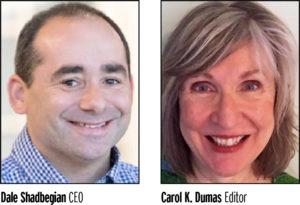
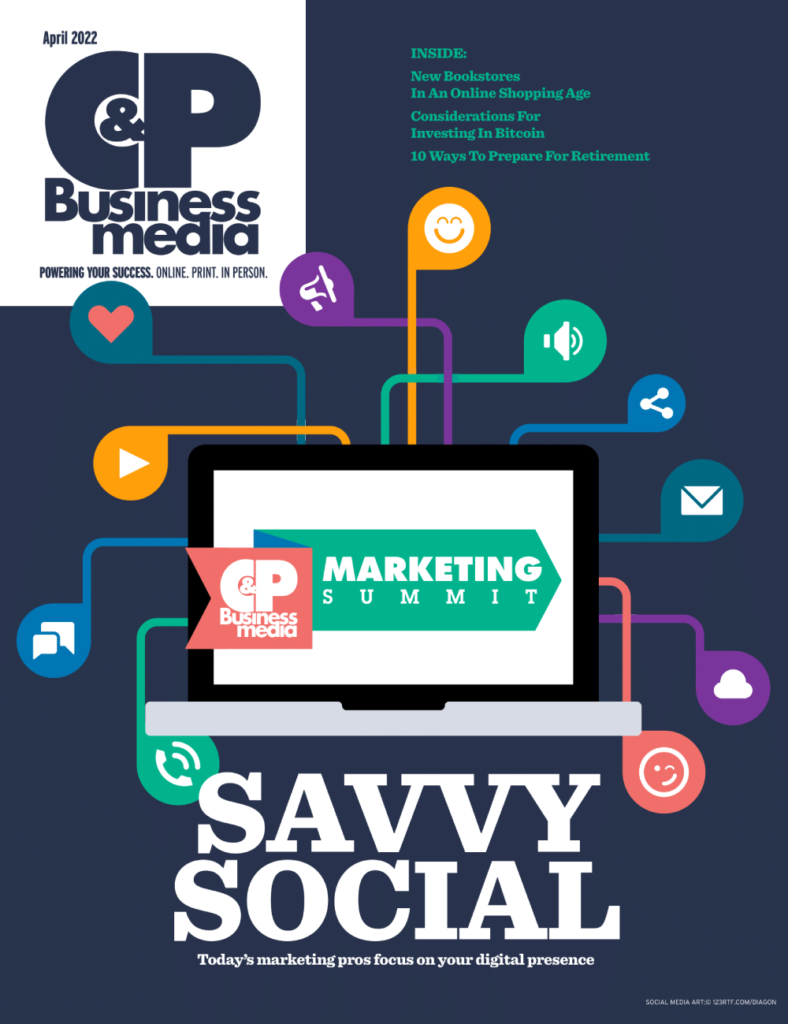


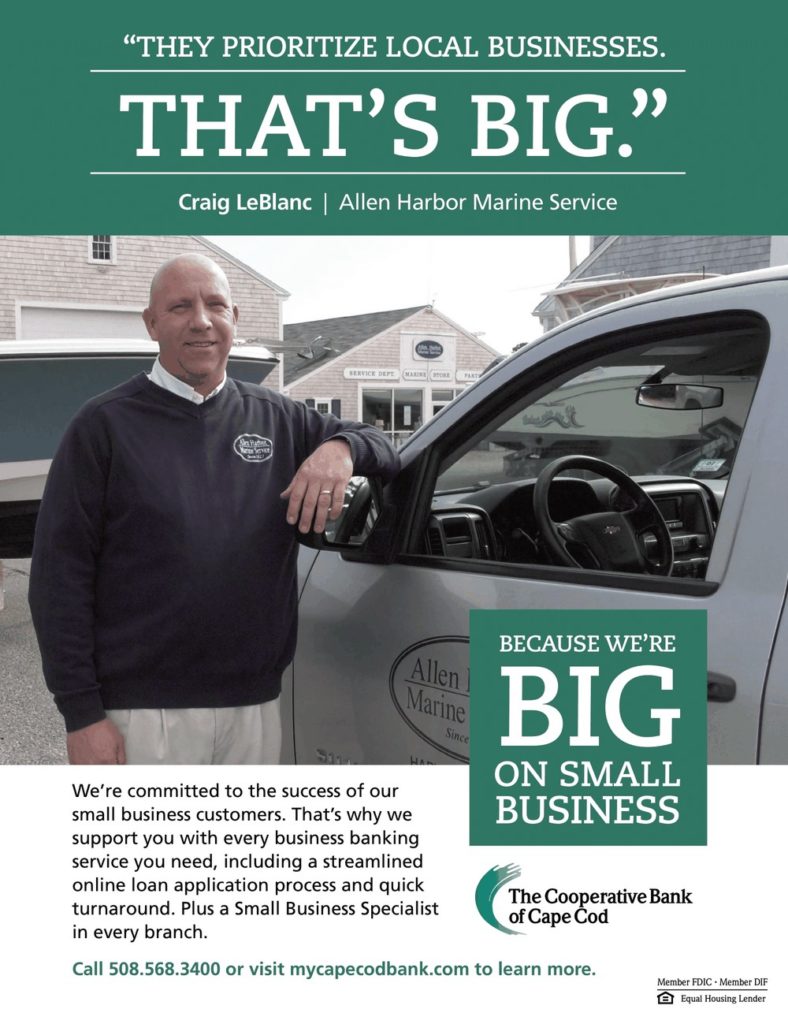




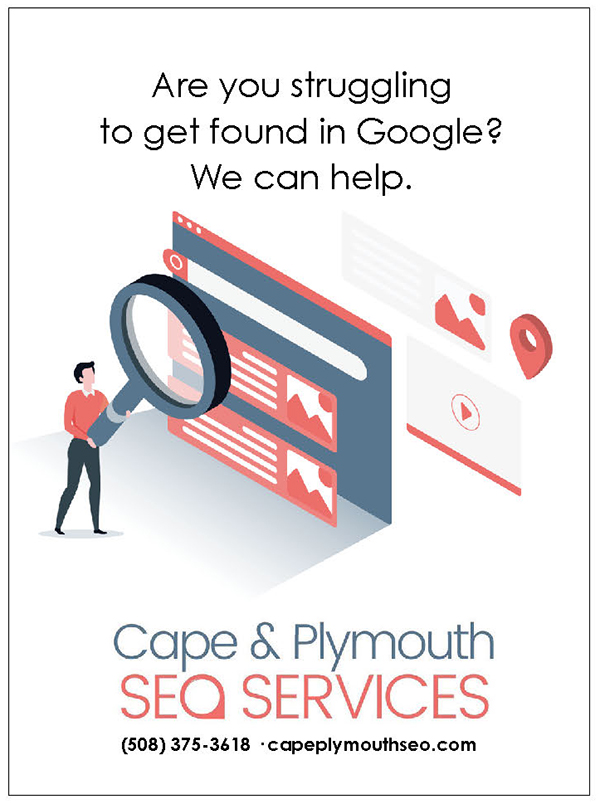
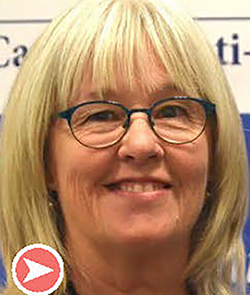 Meet Jill Taaday – Executive Director
Meet Jill Taaday – Executive Director
